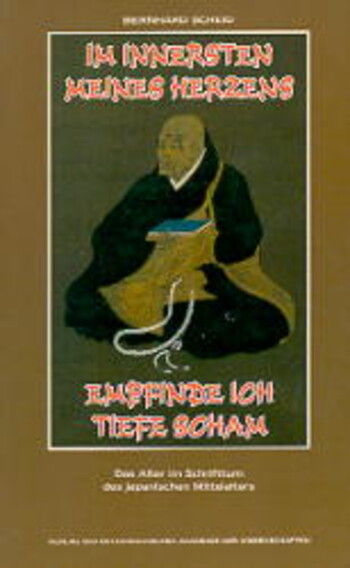
Bernhard Scheid, 1996
Im Innersten meines Herzens empfinde ich tiefe Scham: Das Alter im Schrifttum des japanischen Mittelalters. (BKGA 16.) Wien: VÖAW, 1996 (order online). (408 S.)
This study investigates the meaning of being and becoming old in the Japanese middle ages (12th-16th cent.). It continues the research done in a previous study by Susanne Formanek (1994) concerning the history of old age in the Japanese ancient period (7th-12th cent.). In that period a largely pessimistic view of old age prevailed. It is therefore no surprise that also the middle ages, being heavily influenced by Buddhist thought, saw old age primarly as a time of suffering and isolation. Some sources, however, reveal a growing influence of the elderly in the newly emerging feudal structure of the period. We thus arrive, generally speaking, at a contradiction between intellectual sources on the one hand (which stress the norm of world renouncement in old age rather than, say, the obligations of filial piety towards the old) and socio-historical sources on the other hand which suggest a growing importance of "gerontocratic" principles like seniority or anciennity. This "positive" development notwithstanding, the study shows that the received view of old age as being particularly revered in traditional Japanese society cannot be maintained with regard to the Japanese medieval period.